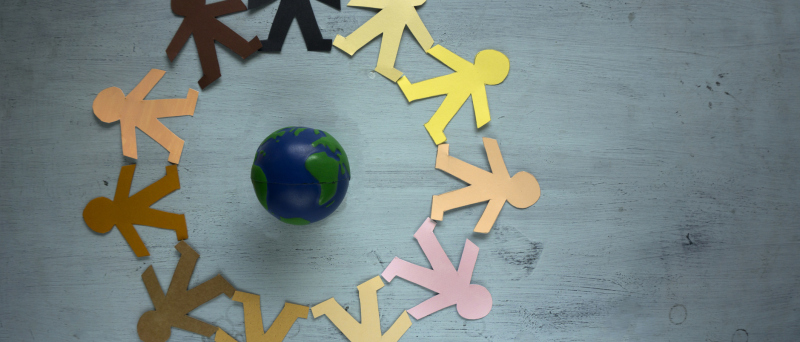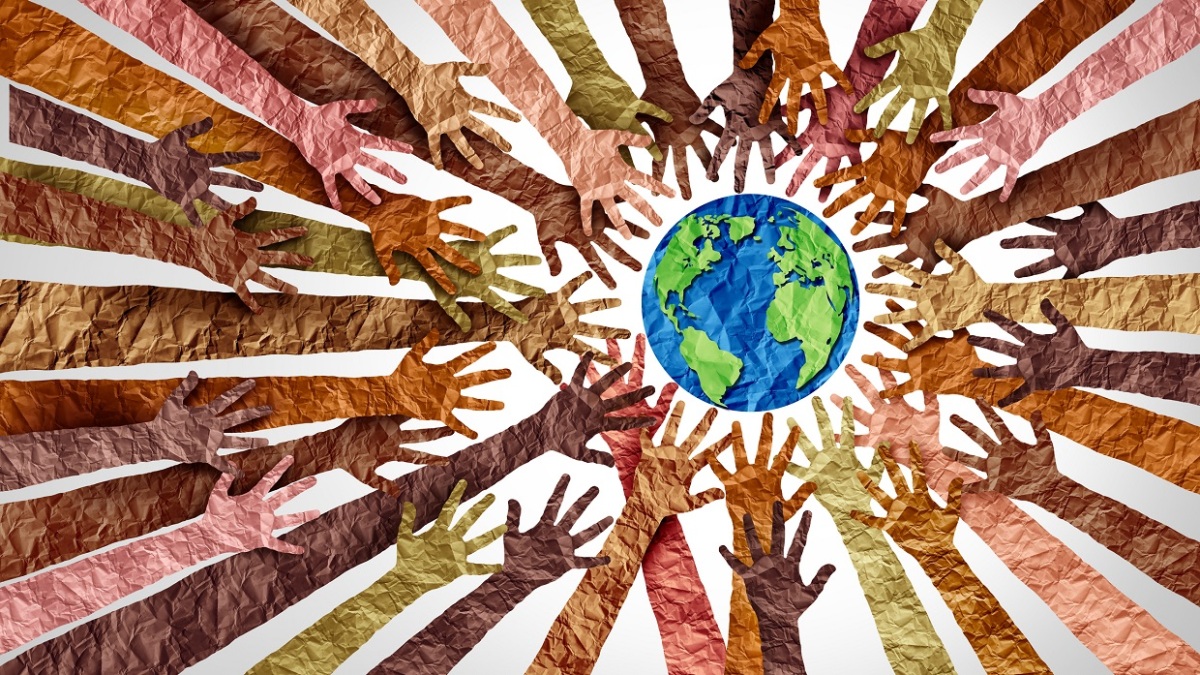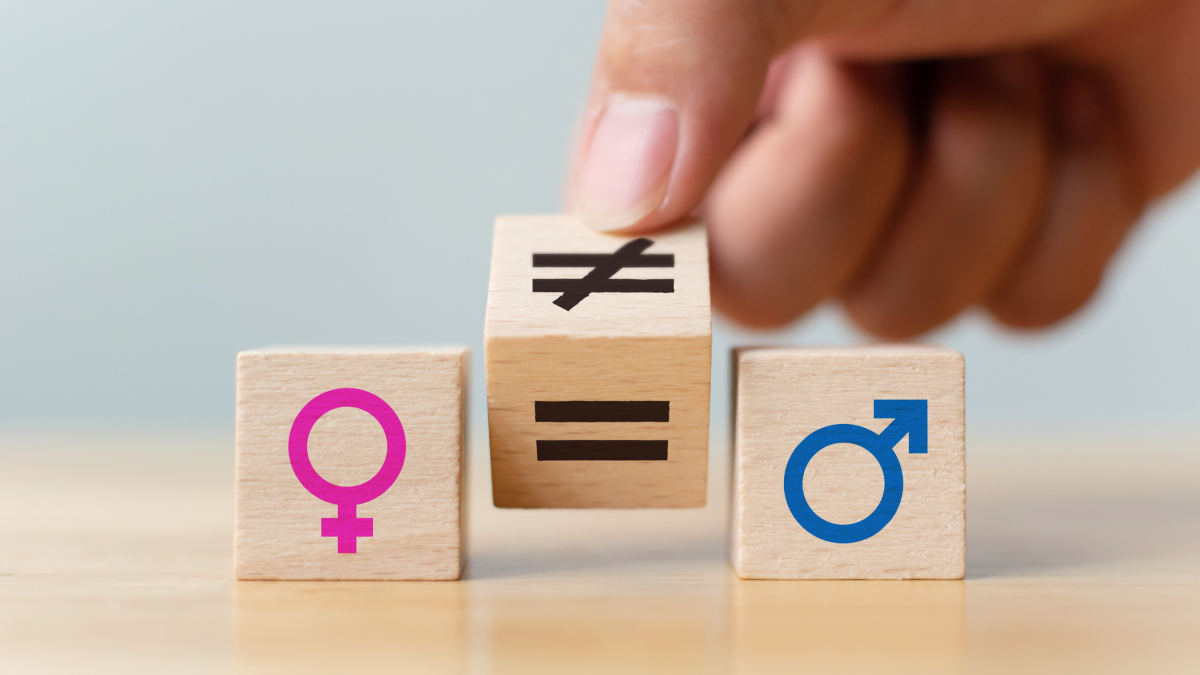Human rights

Human rights

Human rights are universal rights. They are rights that we all have as human beings – not because we live in a certain part of the world or belong to a certain religion or ethnic group. That is why we call human rights universal rights.
The UN adopted the Universal Declaration of Human Rights in 1948. All of the 193 member states of the UN have endorsed this declaration. Large tracts of the UN Universal Declaration of Human Rights have been incorporated into Norwegian laws.
Among other things, the Declaration of Human Rights states that
- everyone is born free and equal in human dignity and rights
- everyone has the same human rights, regardless of their gender, religion, race, political opinions, nationality etc.
- everyone has the right to liberty and security of person
- all forms of torture are prohibited
- everyone shall have due process protection
- everyone has the right to influence the political situation in their home country by voting in free elections held by secret ballot
Talk together

- Are you familiar with the UN Universal Declaration of Human Rights?
- Do you think the Declaration of Human Rights has a bearing on people’s living conditions around the world?
- Do all the countries in the world comply with the provisions set out in the Declaration?

Select the right answer
When did the UN adopt the Universal Declaration of Human Rights?
Select the right answer
To whom do the human rights apply?
Select the right answer
Which alternative is not a human right?
Select right or wrong
Read the sentences. What is right? What is wrong?
Select right or wrong
Read the statements. What is right? What is wrong?
